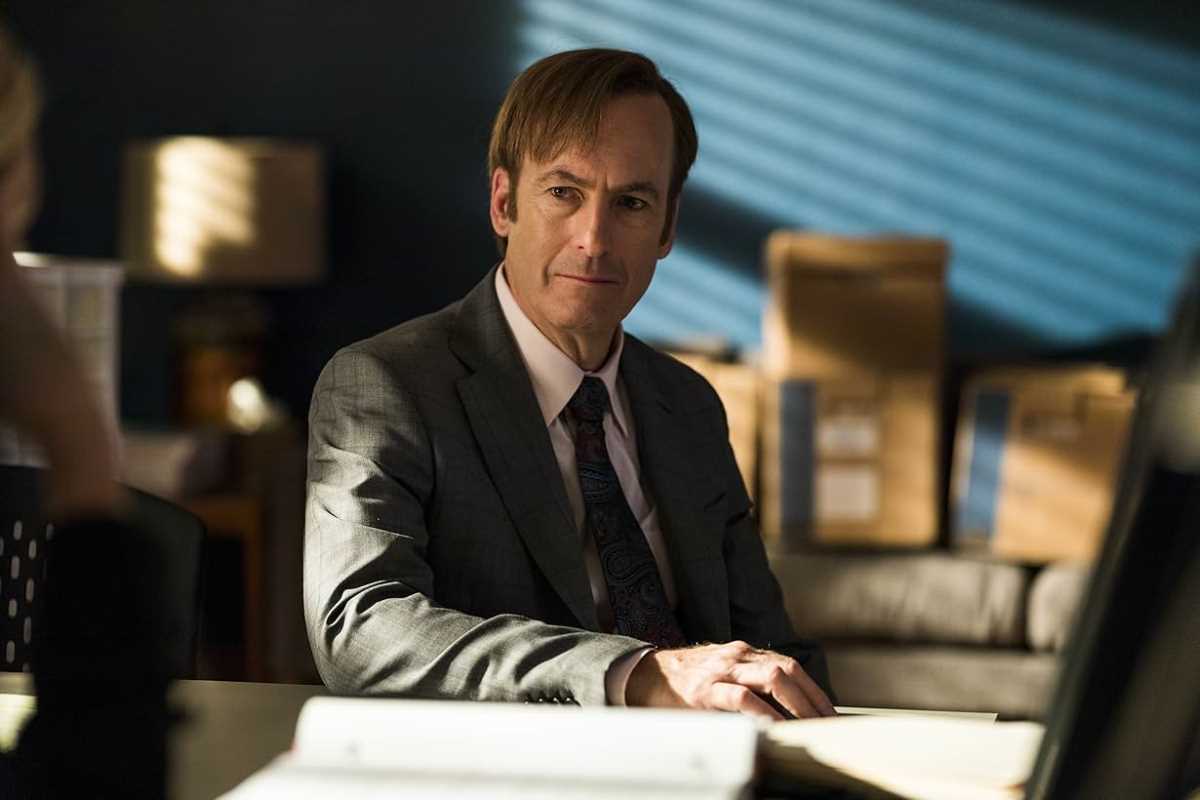When done right, a TV spinoff can be like the ultimate glow-up. You know, like when the side character you barely noticed suddenly becomes prom king or queen in their own show. Sometimes, a spinoff can even outshine the original series it came from, whether it’s by finding its own voice, resonating more with audiences, or just being flat-out better storytelling. For millennials who’ve grown up with reruns, streaming, and timeless debates about "the best show ever," it’s fun to look back at the rare cases where the student surpassed the teacher. If you’re into shows that made their own mark rather than living in the shadow of their big sibling, this list is for you.
1. The Simpsons (Spun off from The Tracey Ullman Show)
It’s hard to imagine a world without The Simpsons. First appearing as rough-around-the-edges sketches on The Tracey Ullman Show in 1987, no one could’ve guessed that Bart, Homer, and the gang would eventually become the longest-running primetime scripted series in TV history. While The Tracey Ullman Show was respected for its blend of comedy and variety, it was The Simpsons that broke into mainstream culture like no other.
The show felt revolutionary, offering biting humor about family life and society that was rare in animated shows at the time. The characters were lovable, flawed, and relatable (who didn’t roll their eyes alongside Lisa growing up?). It didn’t take long for the spinoff to overshadow its parent series, which quietly bowed out in 1990 while The Simpsons skyrocketed to cultural dominion.
2. Frasier (Spun off from Cheers)
When Cheers wrapped in 1993, fans were left wondering what could possibly measure up to the iconic bar-based sitcom. Enter Kelsey Grammer as Dr. Frasier Crane, the world’s most pompous (although charming) psychiatrist, in Frasier. Taking Frasier from Boston back to his hometown of Seattle, the spinoff focused on his career, family relationships, and hilarious clashes with his equally quirky colleagues.
Unlike Cheers, which thrived on group dynamics and the camaraderie of bar life, Frasier leaned on witty dialogue and intellectual humor. Despite its different style, the show became a critical darling, earning a whopping 37 Emmy Awards during its run. The heartfelt moments between Frasier and his father, Martin, made it a must-watch.
3. Better Call Saul (Spun off from Breaking Bad)
When Breaking Bad ended in 2013, many fans wondered if there was any room left in that world to explore. With Better Call Saul, Vince Gilligan proved there was. What started as a prequel about Walter White’s hilariously shady lawyer, Saul Goodman, became one of the best TV dramas in its own right.
Here’s why it worked so well. Instead of riding on Breaking Bad’s coattails, Better Call Saul built its own story, tone, and fanbase. It traded wild drug-fueled action for meticulous character studies, showing us who Jimmy McGill (aka Saul Goodman) really was before he became the guy we knew from Breaking Bad. If you love slow-burning tension with deep payoffs, this show delivers again and again. Some fans even argue it’s more emotionally rich and compelling than Breaking Bad!
4. The Jeffersons (Spun off from All in the Family)
The Jeffersons was spun off from All in the Family, a groundbreaking sitcom that tackled social issues through the lens of the working-class Bunker family. All in the Family set the stage for the “socially conscious sitcom,” and The Jeffersons took it a step further by flipping the perspective. Instead of focusing on blue-collar struggles, it highlighted the success story of George and Weezy Jefferson as they “moved on up” to Manhattan’s Upper East Side.
It was a hit because The Jeffersons leaned into comedy with heart, making viewers laugh while addressing topics like racism, class, and family dynamics in ways that felt fresh. George’s over-the-top personality and insults (often flung at the neighbors) made him an unforgettable character.
5. Angel (Spun off from Buffy the Vampire Slayer)
For every slayer, there’s a vampire with a soul. When Angel spun off from Buffy the Vampire Slayer, it had some big shoes to fill. Surprisingly, the darker, grittier tone of Angel worked to its advantage and gave viewers a more mature look at the Buffyverse.
Angel took the brooding vampire and placed him in Los Angeles, where he tackled demons (literal and figurative) while trying to atone for his past. Buffy leaned more into coming-of-age themes. Angel was about redemption, sacrifice, and complexity. The show wasn’t afraid to explore morally gray areas, making it stand out. Many fans grew to love it just as much, if not more, than its predecessor.
6. Star Trek: The Next Generation (Spun off from Star Trek)
The original Star Trek starring William Shatner and Leonard Nimoy was iconic, but its follow-up series, Star Trek: The Next Generation, brought the franchise to new heights. Premiering in 1987, the show was set about 100 years after Captain Kirk’s voyages and introduced the world to Captain Jean-Luc Picard, arguably one of the most beloved Star Trek leaders of all time.
The 1960s version was campy and often overshadowed by its low budget. The Next Generation expanded the scope, tackling deeper philosophical questions and moral dilemmas, backed by much-improved special effects. Its ability to blend action with cerebral storytelling helped it earn legions of fans, many of whom hadn’t even watched the original series.
7. Law & Order: SVU (Spun off from Law & Order)
By the late ’90s, Law & Order was already a hit for its crime procedural format and “ripped from the headlines” storytelling. But its spinoff, Law & Order: Special Victims Unit, took things to a new level. Where the original series tackled a wide range of crimes, SVU honed in on crimes of a more sensitive nature, focusing on victims often left on the sidelines.
Led by Mariska Hargitay’s powerhouse performance as Detective Olivia Benson, SVU has become the longest-running primetime live-action series. Emotional storytelling, complex characters, and the show’s willingness to deal with hard-hitting issues in a way that feels respectful without being overly sanitized made it resonate with audiences.
Spinoffs demonstrate that a side character or dormant franchise can become remarkable when nurtured with the right care and creative vision. It’s not easy to move out of the original’s shadow, but when it happens, you get legendary shows that stand on their own legs. After all, everybody loves an underdog story... even if the underdog was technically a sidekick at first.
 (Image via
(Image via


.jpeg)


